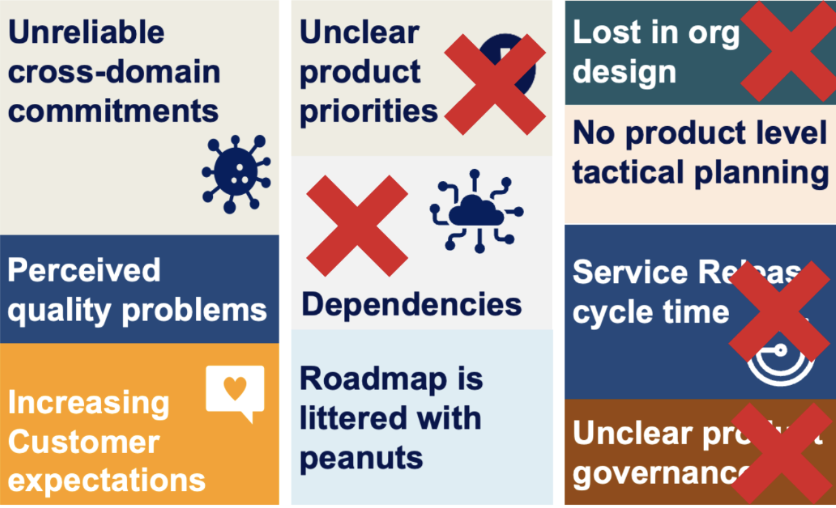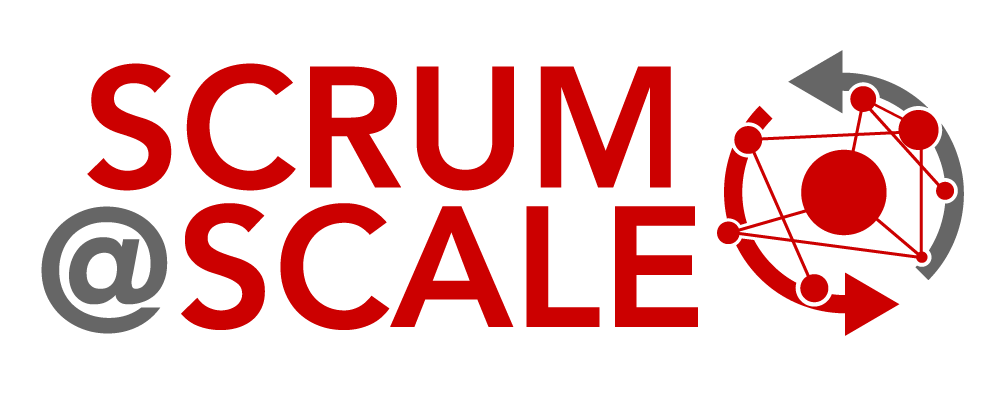Agile Education Case Study
How Lufthansa Systems Cut Delivery Delays by 90% with Scrum@Scale
Lufthansa Systems partnered with TAL Consulting to cut delivery delays by 90% and transform its Lido Flight 4D product using Scrum@Scale. Confronted with siloed teams, legacy architecture, and bottlenecks, the organization sought a scalable agile solution to improve coordination and delivery timelines. Through a deep, iterative transformation strategy, they realigned roles, restructured workflows, and reduced meeting overhead. As a result, Lufthansa Systems not only cut delivery delays but also accelerated release cycles and increased planning accuracy across 350+ professionals.
CASE STUDY SNAPSHOT
Industry: Aerospace and Defense
Organization Size: Small
Topic: Agile Planning, Delivery and Velocity, Executive MetaScrum (EMS), Removing Silos, Team Process
Date: October 2024
Árpád LinkedIn:
https://hu.linkedin.com/in/arpad-foldesi-b3977a13
Zoltán LinkedIn:
https://hu.linkedin.com/in/zcsaba
Case Study
Summary: How Lufthansa Systems Cut Delivery Delays by 90% Using Scrum@Scale
Lufthansa Systems partnered with TAL Consulting to cut delivery delays and scale agile across its Lido Flight 4D product organization. Despite previous attempts with Disciplined Agile Delivery, the company struggled with siloed teams, long dependency chains, and inconsistent release cycles. By implementing Scrum@Scale and launching a focused reference model, they restructured team roles, improved coordination, and drastically reduced bottlenecks. As a result, they cut delivery delays by 90%, increased planning accuracy to 80%, and now deliver in predictable six-week release cycles.
Introduction
Lufthansa Systems, a global leader in aviation IT, launched a strategic transformation to cut delivery delays and accelerate time to market for its Lido Flight 4D product. Collaborating with TAL Consulting, the company applied Scrum@Scale to optimize delivery, eliminate bottlenecks, and align over 40 cross-functional teams worldwide. This case study captures the transformation journey from 2022–2024 that reshaped how Lufthansa Systems delivers one of Europe’s most widely used flight planning tools.

Business Context
The Lido Flight 4D platform, calculating nearly 45% of all European flights, demanded high accuracy, speed, and coordination across globally distributed teams. However, previous agile attempts using the Disciplined Agile Delivery (DAD) framework fell short of scaling agility effectively, and delivery timelines suffered. Lufthansa Systems needed a transformation framework that could cut delivery delays, support enterprise-wide coordination, and sustain long-term agility.
Challenges
Before embracing Scrum@Scale, Lufthansa Systems faced significant operational roadblocks, and the inability to cut delivery delays consistently was a clear competitive disadvantage.
- Siloed Development: Teams worked in domain-based silos, limiting alignment and shared ownership.
- Legacy Architecture: A monolithic system created deep interdependencies that led to delays.
- Unpredictable Timelines: Planning accuracy hovered around 60%, making it difficult to deliver reliably.
- Overcrowded Meetings: Time-consuming and unfocused meetings slowed progress.
- Customer Dissatisfaction: Delivery delays of 20–40 days affected over 100 global airline clients.
The Approach
To solve these challenges, Lufthansa Systems implemented Scrum@Scale with hands-on guidance from TAL Consulting. The approach focused on cutting delivery delays by improving communication, aligning roles, and reducing complexity. A “deep and narrow” rollout began with a reference project and expanded organization-wide. Key initiatives included:
- Change Management Model: Treated the transformation like a product—iterative and stakeholder-driven.
- Agile Practice Team: A dedicated cross-functional group delivered 200+ improvements annually.
- Organizational Blueprint: Designed agile team structures aligned to business and architecture goals.
- Reference Model Testing: Piloted with 7 teams to serve as reference models to validate results before scaling.
- Scaled Scrum Roles: Introduced Chief Product Owners and Scrum of Scrum Masters to reduce delivery friction.
- MetaScrum Events: Streamlined and focused planning, refinement, and feedback loops.
- Unified Backlog: Established transparency across teams, priorities, and dependencies.
Remaining Challenges
While the transformation gained momentum, legacy technical constraints still required close cross-team coordination. In some cases, team autonomy began to outweigh alignment, creating occasional friction. However, Scrum@Scale provided the structure needed to refocus on enterprise outcomes and cut delivery delays across all domains.
Results
Through this transformation, Lufthansa Systems effectively cut delivery delays, streamlined team collaboration, and improved forecasting and customer satisfaction.
| Metric | Before | After |
| Release Frequency | 2 major releases/year | Every 6 weeks, with interim releases every 2 weeks |
| Dependency Resolution | 5-10 days | <1 day |
| Meeting Participation | 50-100 people | 10-15 people |
| Feedback Cycles | None | Every 6 weeks |
| Planning Accuracy | 60% | 80%+ |
| Delivery Delays | 20-40 days | 1-3 days |
Key Takeaways
- Engage Stakeholders Early – Secure alignment and buy-in to drive faster delivery decisions.
- Embrace Continuous Adaptation – Use data and team feedback to evolve practices that cut delivery delays.
- Trust and Transparency Drive Speed – Open communication shortened lead times from 4 months to just 2 weeks.
By embedding these principles, Lufthansa Systems built a resilient agile delivery model capable of continuous improvement. Most importantly, the company successfully cut delivery delays by 90%—reclaiming its edge in the competitive aviation IT space.
About the Authors
Árpád Földesi is an Enterprise Agile Coach, organizational architect and consultant for agile transformations. He has broad experience in software product development in various industries and offers pragmatic solutions that help others achieve their business goals.
Zoltán Csaba is an Business Consultant and Enterprise Agile Coach with 15+ years’ experience in enterprise agile environment as a Scrum Master, Product Coach and Agile Leader driving transformation in the IT industry.
Both are Registered Scrum@Scale Practitioners™, Agile Leaders@Scale™, Product Owners@Scale™, and translators of the Scrum@Scale Guide into Hungarian.



